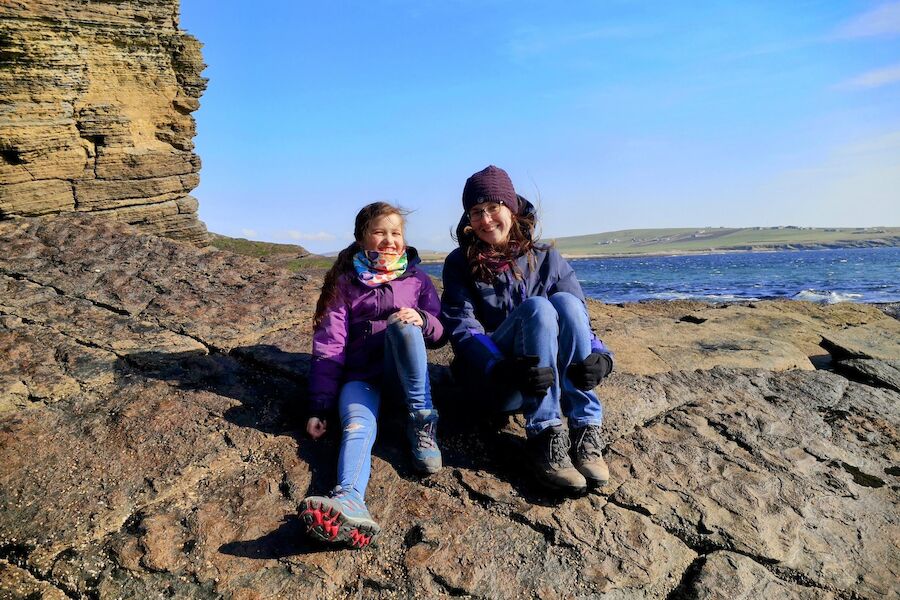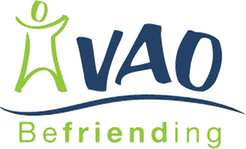Become a Befriender:
Our Befrienders come from all walks of life and are caring and thoughtful people who are invested in building an intentional and trusting relationship with their young person. We are always looking for more volunteers to join our team.
For just a couple of hours a fortnight you could make a huge difference to the life of a young person.
Befrienders must be over 18 and we will provide you with training and ongoing support. Get in touch with us using the form at the bottom on the page to find out more.



